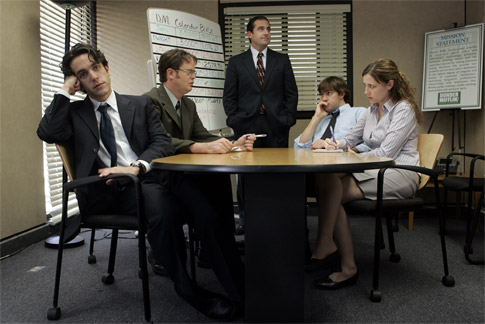Years ago a close friend of mine was the international strategic planner for a global oil and gas company. I went to visit her downtown office in a skyscraper made of glass that seem to touch the heavens. Looking at the knobs for the elevator, there were two floors that required a key.
I asked who the individuals were who inhabited those offices. She said that they were not necessarily the best at what they did, but they all were the best at corporate politics. That was the epiphany uncovering my naivete that politics don’t matter.
Throughout the many years, and countless hours of executive coaching conversations, the issue of organizational politics is addressed. Yet, it is considered undiscussable and the proverbial “elephant in the room.”
A constant theme is the unfair nature of how promotions occur. The usual rant is that “I have been cheated. My colleague got the promotion I deserved. I work harder, bring in more money, and make more significant contributions to the company.”
When I ask the same person why the other person was promoted, the usual answer is that he/she “played better politics.” Most times pejorative, though colorful, adjectives are used about the unfair nature of politics. The reality is that merit is not always factored into the promotion formula.
My coaching response is that politics is non-linear and often will not make sense. However, being overlooked is a wakeup call to learn the skills of playing the political game more successfully.
Learning the game of politics is necessary. Here are five techniques to be a better player in the “field” of office politics.
- Accept that politics is reality – Before you can make any change, you need to consciously abort your denial that being “apolitical” will lead to a promotion.
- Accept that politics occurs when there is a “conflict of interests” – Part of being open to the reality of politics, is that being political is within every relationship. Whenever two people have different interests, there is politics.
- Become an astute observer for clues and cues – There is no manual at your organization titled “Winning Corporate Politics at XYZ Corporation.” This manual has never existed. Therefore, you must become an observer looking for the cues and clues of power, politics, and influence in your organization.
- Model after the politically gifted – Every organization has a population of executives who are gifted politicians. Watch them. Ask them questions. Emulate them.
- Ask yourself how you can add political capital in this organization? – Since no two organizations are the same, think about how leaders gain political capital within your company. What do they need to say, do, and interact with to create political capital.


